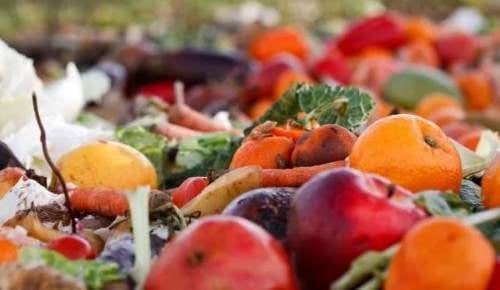
As of 31 March 2025, the UK Government has introduced new regulations under the Simpler Recycling initiative, making it illegal for businesses to dispose of food waste via sink macerators that flush waste into the sewer system. This significant change means that all non-domestic premises in England—including restaurants, hotels, schools, hospitals, and catering facilities—must now separate food waste from general waste for dedicated collection and environmentally responsible treatment.
The ban on sink macerators is designed to tackle the growing environmental impact of food waste. When sent to landfill, food waste breaks down anaerobically, producing methane, a greenhouse gas that is more than 25 times more potent than carbon dioxide. By diverting food waste to anaerobic digestion and other approved recycling processes, the UK can reduce emissions, generate renewable energy, and support a circular economy that turns waste into valuable resources.
For organisations looking to adapt, the Eco-Smart Food Waste Dryer offers a highly efficient and sustainable solution. This innovative technology dries food waste overnight, reducing its volume by up to 80% and transforming it into a sterile, odourless powder. The dried output can be repurposed for soil enrichment or energy recovery, helping businesses lower disposal costs and carbon footprints.
By investing in sustainable food waste management systems, businesses not only remain compliant with the 2025 legislation but also demonstrate a clear commitment to environmental responsibility and operational efficiency. The transition to smarter recycling practices marks a positive step towards a greener, more resource-efficient future for the UK.


